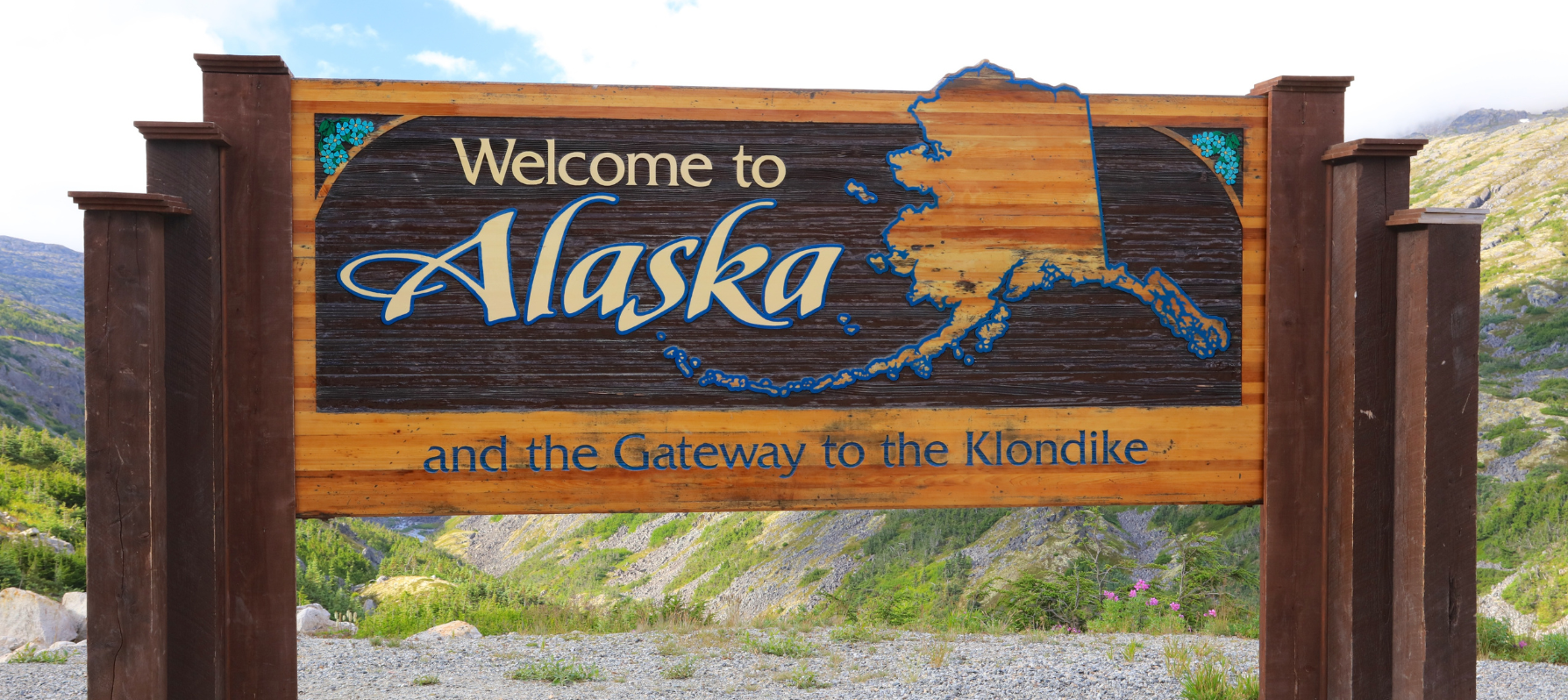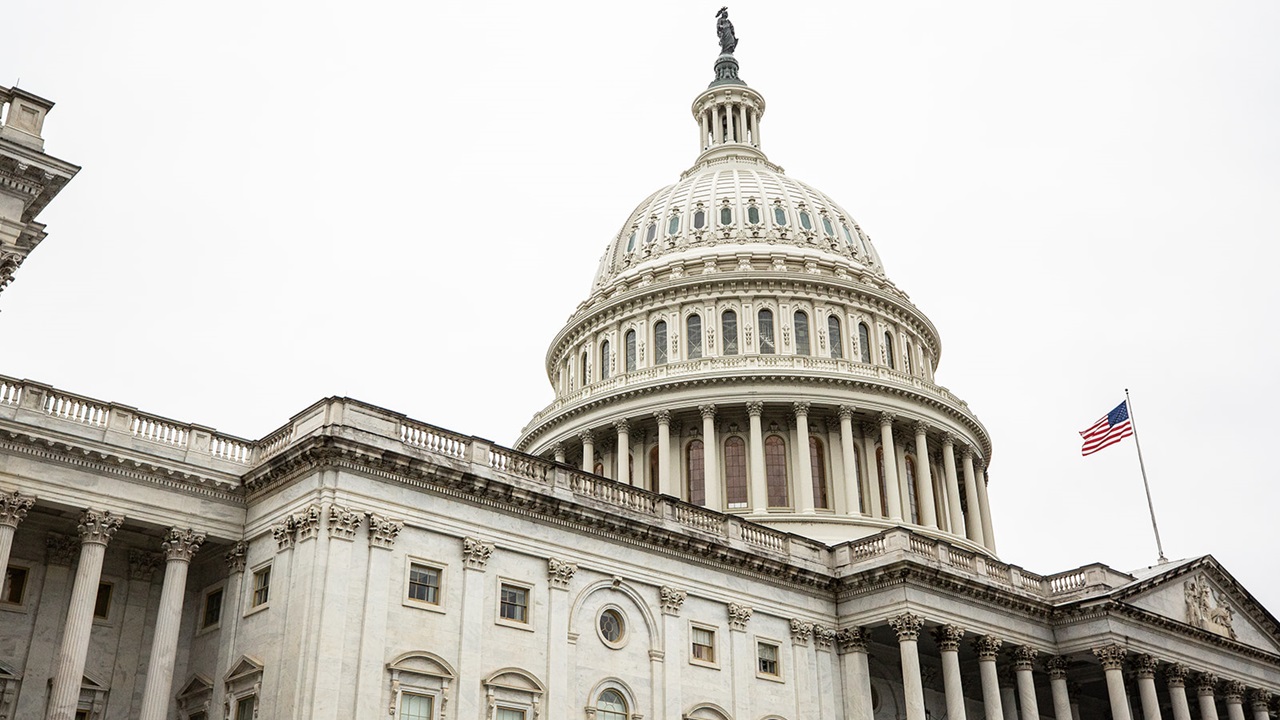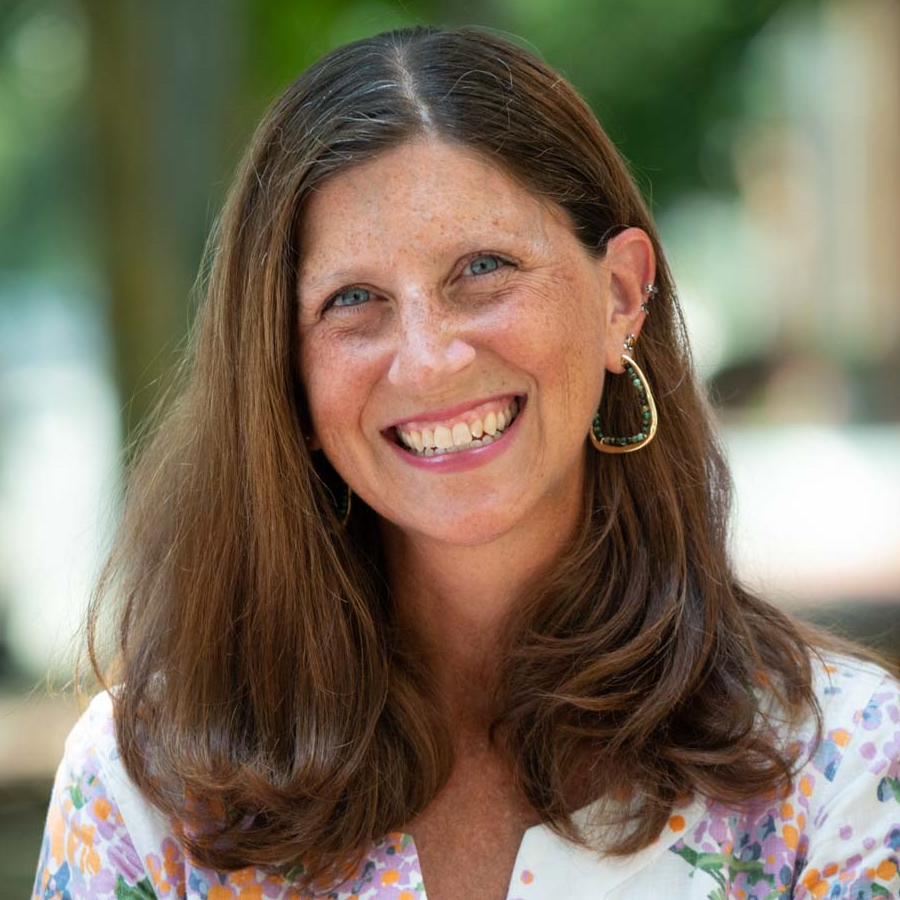This February I had the honor and pleasure of joining my ANCOR colleague Cindy Ramos, and several members of ANCOR’s Global Council, on a study tour to India, hosted by ANCOR member Keystone Human Services.
This 10-day journey offered us insight into the services and supports available to people with Autism and intellectual disabilities, challenges faced by self-advocates and families to be seen and heard, and the opportunity to reflect and learn, as individuals, and as leaders in the I/DD space back home in the United States.
If you asked each participant to share their takeaways, you’d likely get 10 different and unique answers. Rita Wiersma, CEO at Accord and President of the ANCOR Foundation, shared her perspective in this excellent LinkedIn article, The Power of Families: Disability as a Cultural Experience. Bonnie-Jean Brooks, CEO Emerita at OHI and Past President of the ANCOR Board of Directors, penned this poem to memorialize the moments she won’t forget.
Whenever I’ve been asked to share highlights from the trip to India, I try to keep my colleague Sean Luechtefeld’s guiding questions in mind: What? So What? Now What?
Guided by Betsy Neuville and the staff at Keystone Institute India, we wound our way through the frantic streets of Delhi, into the hills of Dehradun and paused for a moment to see the splendor of the Taj Mahal in Agra. The days were long and evenings reserved to share, digest and attempt to translate all that we’d seen. While some of the spaces felt similar to or at least adjacent to spaces that I know – traditional vocational rehabilitation facilities, group homes, Early Intervention and Head Start-like programs, as well as state-run institutions – placing them in the right cultural context was the challenge.
I know the visuals that come to mind when I conjure the words “choice,” “privacy” and “person-centered.” I know the assumptions I make when we talk about “government funding,” “public/private partnerships” and “family.” But it soon became clear that my own definitions didn’t always match the context, culture, values or realities that we were experiencing. And that, for me, informed my education and takeaways from the trip.
Here in the states, we rely on state and federal funds as the backbone for the services and supports providers offer; in India, for a myriad of reasons, federal funds and intervention are actively avoided and alternate methods are sought to support community-based programs. This isn’t without its own set of challenges, particularly around inequity and sustainability. But these approaches and alternate mindset were enlightening.
Active family engagement in the supports we saw in India wasn’t an assumption, it was a mandate, but that support is mutual. Organizations like ALAP (Assisted Living for Autistic Persons) have an expectation that mothers and fathers will pitch in to help with the house and garden, but in return, always ensure there is a room left open for respite needs, and that family-focused events get equal space on the calendar; Mom’s Night Out and Family Movie Night are as equally important there as the daily learning and activities for the young men who reside there.
And, as ALAP was busy building a new home in a new neighborhood, they were sure to reach to its new neighbors in preparation for the needs of the men they support – hiring some neighbors as support and maintenance staff, shopping and developing relationships at the local shops and vendors, so that, when it is time for the men to find employment, they are already part of the community fabric. For me, seeing providers weave the needs of families into their supports without losing focus of the goal of inclusion for the people they support was a beautiful thing.
And now that we’re back, how do we continue to interpret what we’ve seen and learned – not only in India, but in Moldova, Puerto Rico, and from guest speakers at the ANCOR Global Council meetings like Eric Rosenthal from Disability Rights International, James Crowe from EASPD, Sue Swenson from Inclusion International – into actionable steps for our organizations and our network? Where do study trips like this fit into ANCOR’s strategic priorities? How do we create shared learning space that both contributes to the learning of others as well continues to stretch and challenge our own assumptions? The Global Council, the ANCOR Board of Directors and the ANCOR Foundation Board of Directors will be thinking through these very questions in their upcoming meetings.
If you’d like to be part of the conversation, I invite you to consider joining ANCOR’s Global Council, which meets the 4th Wednesday of every month.
In the meantime, I’ll leave you with some words from Rita, who shared one of my most cherished moments from the trip as well:
In a time where funding is limited, families of lower socio-economic means have little hope of obtaining services or even knowing what might be available…enter Astha India. One of the most impactful services for children in the middle of Delhi’s poorest urban communities. Knocking on doors to share resources and talking to Mom’s regarding the rights their children with disabilities have regarding education and healthcare. These issues are not just about disabilities, they are family issues, so they started small community bridging programs that invite all children and moms in to learn together creating an inclusive community when they have little in their lives. Twenty-six years ago, they began with one child in a garage, now the impact continues. They have reached over 25,500 people with disabilities and supported over 500 children to attend mainstream school. Astha India believes in creating a society where everyone is valued and respected. They do that by beginning with the child, family and local community…they know success comes through the parents they support.
As I watched the moms and children in this program creating [paper] bees, sitting on carpets, working side-by-side and step-by-step, it was community in its finest hour. It was families coming together to build a community that made sense to them in the culture they valued. This experience serves as a reminder that there is much to learn from different cultures and perspectives, and that we all have a role to play in building inclusive and supportive communities.
Gabrielle Sedor is the COO & Foundation Director at ANCOR.
Stay Informed on the Latest Research & Analysis from ANCOR
More News
Stateside Report: July 14, 2025

Stateside Report: July 07, 2025

Statement on Final Passage of the Republican Reconciliation Package


